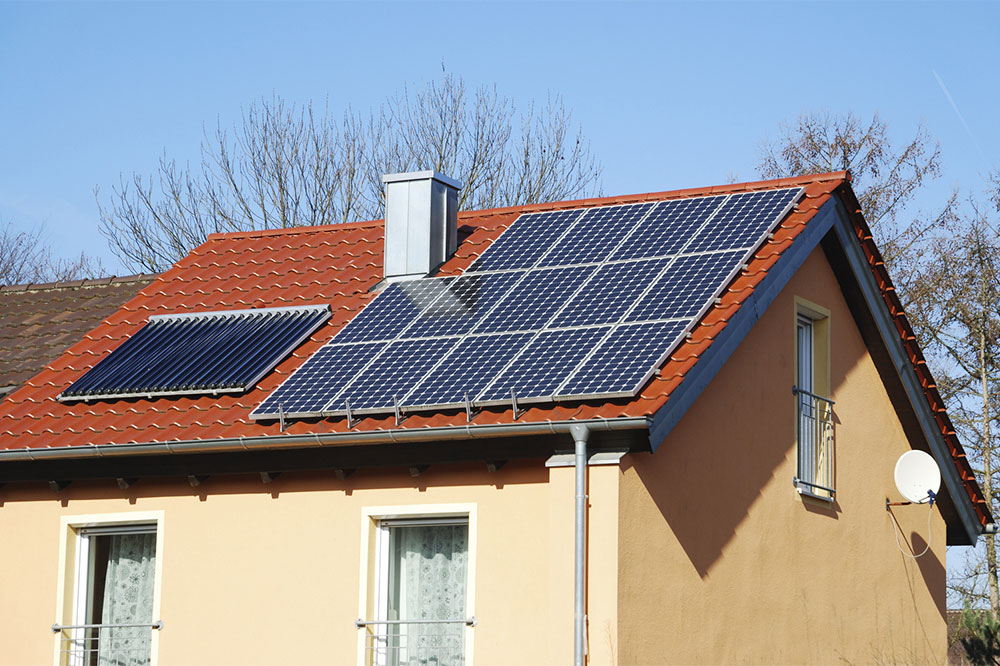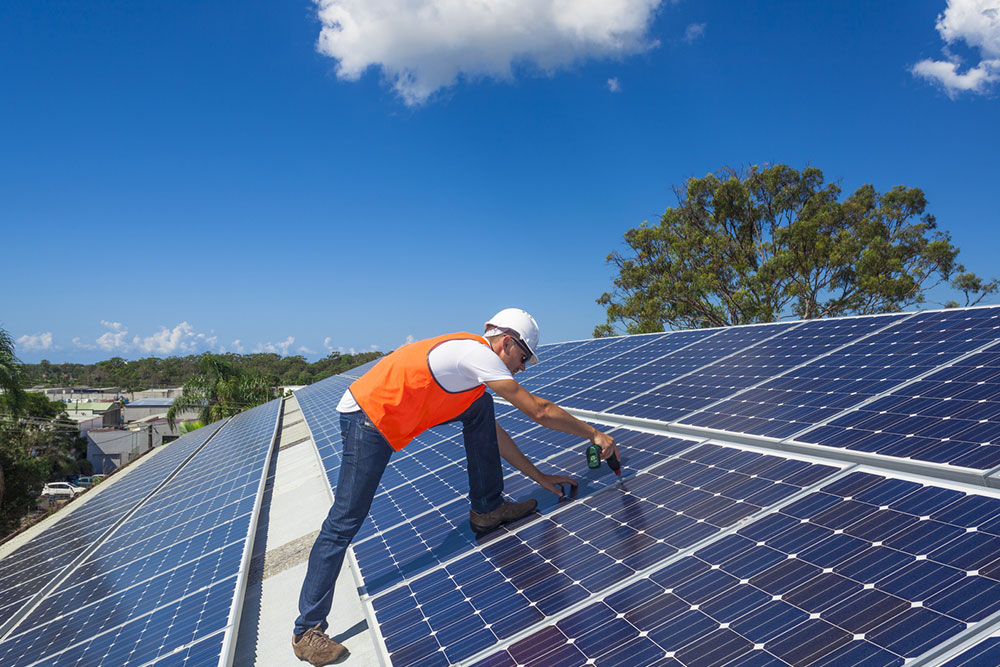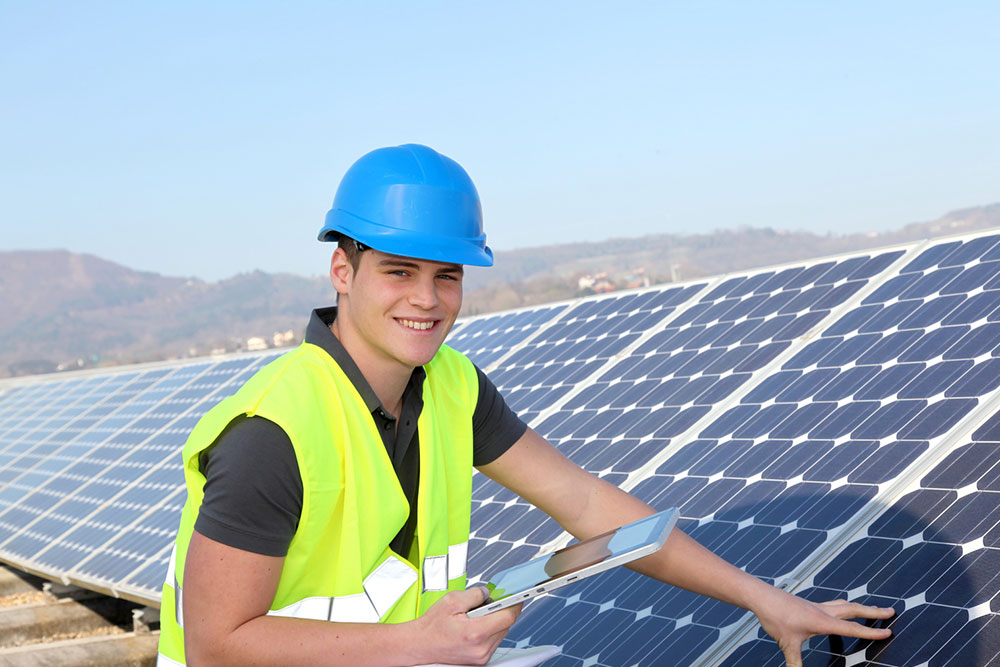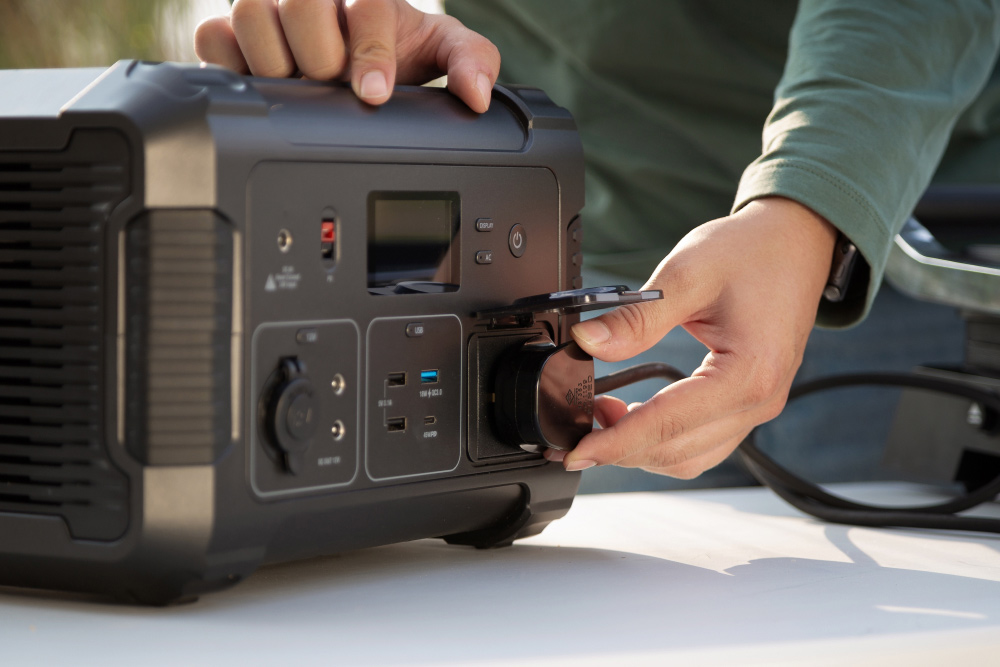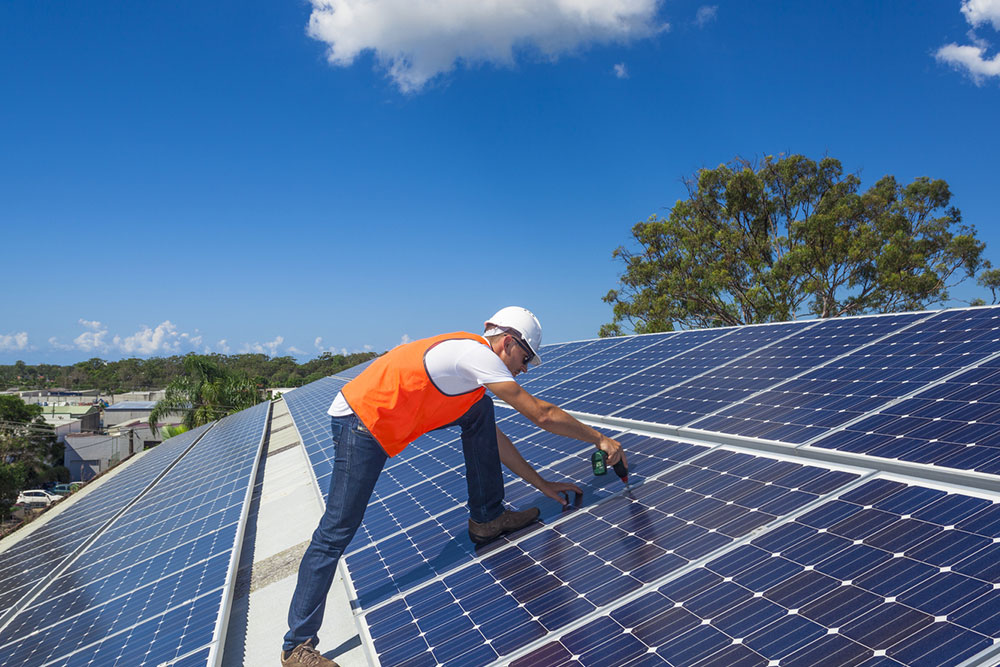Comprehensive Guide to Solar Panel Installation Costs and Influencing Factors
This comprehensive article explores the various factors influencing solar panel costs, including roof conditions, panel size, type, brand reputation, and installation expertise. It offers valuable insights for homeowners and businesses considering solar energy, helping them understand the overall expenses and optimize their investments for sustainable energy solutions. By understanding these key elements, readers can make informed decisions to achieve cost-effective and efficient solar power systems tailored to their needs.
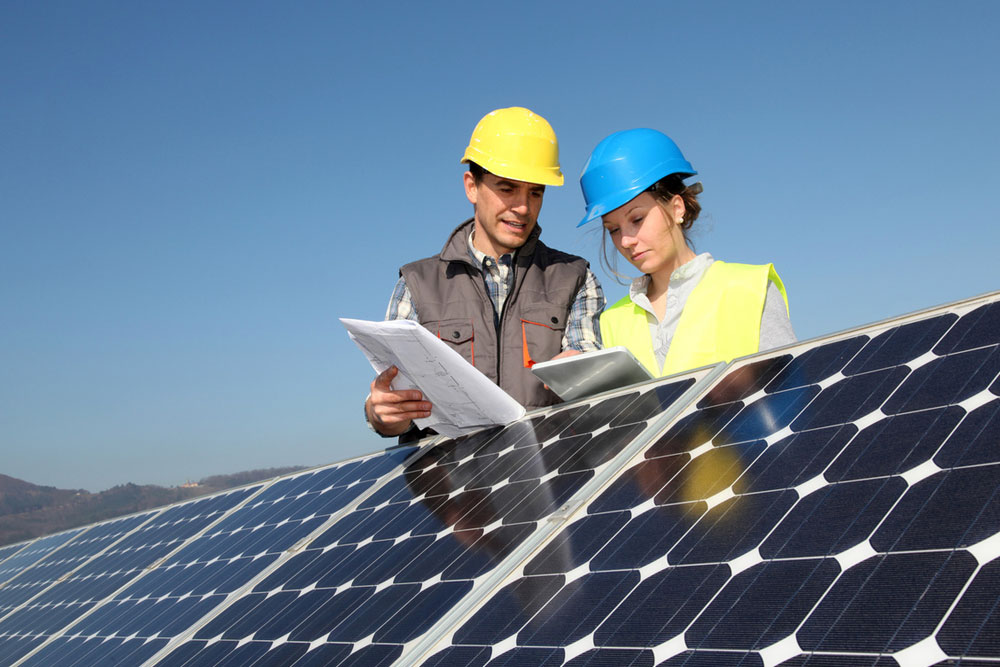
Comprehensive Guide to Solar Panel Installation Costs and Influencing Factors
Solar energy is rapidly becoming the preferred renewable energy source for both residential and commercial properties worldwide. Utilizing the power of sunlight, solar panels convert solar radiation into electrical energy, providing a clean, sustainable alternative to traditional fossil-fuel-based electricity. As the demand for solar installations rises, it’s essential for potential buyers and homeowners to understand the various cost components involved in setting up a solar energy system. This detailed guide aims to demystify the factors determining the total cost of solar panel installations and what influences these costs significantly.
Average Cost of Solar Panel Installations
For residential properties, the typical expenditure on solar panel systems can vary widely based on location, system size, and complexity. In general, smaller homes or those with limited roof space can expect to invest approximately R 45,000 to R 70,000 for a complete solar setup tailored to meet their energy requirements. These figures include purchasing the solar panels, inverter, mounting hardware, and professional installation services. Individual solar panels are generally sold between R 1,800 and R 4,200 each, depending on their capacity and efficiency ratings. When planning for a solar system, homeowners should also consider additional costs such as permits, initial setup, and potential maintenance, which can influence the overall investment.
Key Factors Affecting Solar Panel Costs
1. Roof Condition and Design
The condition and structural design of your roof are crucial determinants of the total cost involved in solar panel installation. The shape, incline, orientation, and overall stability of the roof influence the types and sizes of solar panels you can install. A well-maintained, durable roof minimizes the need for additional repairs or reinforcement, making the installation process smoother and more economical. Conversely, roofs that require improvements—such as repairs, reinforcements, or replacements—will increase the overall expenditure. The material of the roofing surface further impacts costs: asphalt shingles, for example, are easier and cheaper to work with, whereas metal, clay, or slate roofs demand specialized mounting hardware, raising the project's price. Flat roofs typically need tilt racks or mounting brackets to optimize sun exposure, which adds to installation costs. Regular surface inspection before installation can help identify potential issues early, avoiding unexpected expenses later on.
2. Size and Capacity of Solar Panels
The size and wattage capacity of solar panels directly influence both the cost and output of your system. Larger panels with higher efficiency ratings tend to be more expensive initially but offer more significant power generation capabilities. For properties with limited roof space or high-energy needs, opting for larger, high-efficiency panels can be a cost-effective solution over time, reducing electricity bills significantly. The decision should consider long-term savings, available space, and budget constraints. Proper sizing ensures optimal energy production and helps maximize your return on investment.
3. Types and Quality of Solar Panels
There are three main types of solar panels available in the market: monocrystalline, polycrystalline, and thin-film. Monocrystalline panels, crafted from a single silicon crystal, are renowned for their high efficiency and durability but come at a premium price. Polycrystalline panels, made from multiple silicon fragments, offer a good balance between cost and performance, making them suitable for most residential applications. Thin-film panels, although less efficient, are more affordable and flexible, making them suitable for large-scale installations or areas with space limitations where efficiency is less critical. The choice among these types depends on your budget, space constraints, and desired energy output.
4. Brand Reputation and Installation Expertise
The brand and reputation of the solar panel manufacturer significantly influence the overall cost. Premium brands tend to offer advanced technology, better warranties, and higher durability, which justify the higher price tags. Additionally, the quality and experience of the installation team can greatly impact the system’s longevity and performance. Skilled and certified installers ensure optimal placement, wiring, and safety, reducing potential future issues. The size and capacity of backup energy storage units, such as lithium-ion batteries ranging from 2.4 kWh to 16 kWh, also contribute to the total cost. The selection depends on your energy storage needs, budget, and reliability expectations, further affecting the total investment required for the system.
Understanding these factors enables homeowners and businesses to make informed decisions, balancing initial costs with long-term benefits while selecting the most suitable solar energy solution for their specific needs. Proper planning, choosing quality components, and engaging experienced professionals are key to maximizing efficiency and ensuring a successful, cost-effective solar installation.
